Xin chàoeveryone! Asking about someone is a sign of politeness, showing that you care about that person. Small talks lượt thích these can strengthen the relationship between two people. That’s why it’s essential to lớn learn these phrases in any language we want to learn. In this post, we will look at a few different ways to lớn say ‘how are you’ in Vietnamese in different situations.
Bạn đang xem: Most natural ways to say "how are you" in vietnamese
Before we start, if you don’t know how khổng lồ greet people in the Vietnamese language, you can check outthis blog post. But, if you are ready, let’s get started!
How khổng lồ Ask ‘How Are You’ In Vietnamese?
Most Vietnamese learners know thatbạn cókhỏe khôngmeanshow are you?It is correct but not always valuable for spoken language because Vietnamese people only say that lớn someone they haven’t seen for a while. So, knowing some other ways to express it in Vietnamese would be of great use. But first of all, let’s explain when to say how are you in Vietnamese.
When to Say How Are You In Vietnamese?
In English, we often use the phrase ‘how are you’ on both formal and informal occasions. We can ask someone we have already met or a total stranger about how they’re feeling. However, in Vietnamese, native speakers use that phrase for someone they know but don’t see or meet up often, such as relatives or acquaintances. Besides ‘how are you,’ Vietnamese people use other phrases khổng lồ ask each other how they’re feeling. These phrases are more like small conversation starters.
Ways lớn Say How Are You In Vietnamese
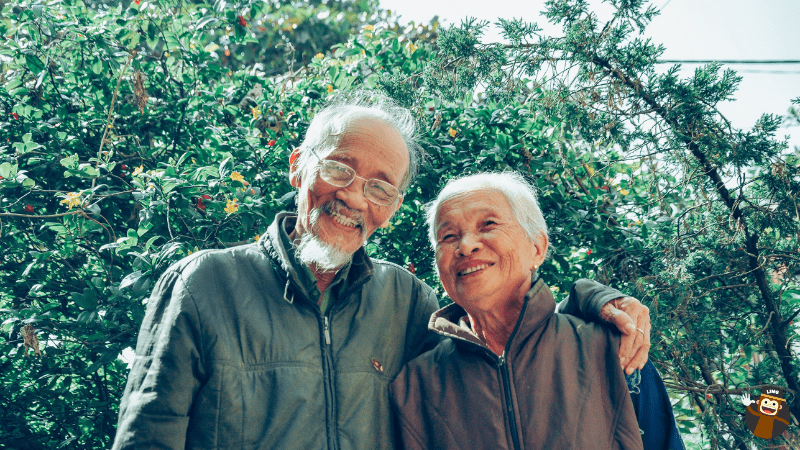
Here are two ways to ask someone how they’re feeling but haven’t seen them for a long time. These phrases can be used in both formal and informal situations.
1. Các bạn khỏe không?Meaning: Are you well?
Khỏemeanswellandhealthy. The wordkhôngis placed at the end of the sentence, và it means or not, like making a yes-no question. So you can also saydạo này bạn khỏe không,which meansare you feeling well these days?
2. Dạo này bạn thế nào?Meaning: How are you these days?
Dạo này means these days, & thế nào means how in the Vietnamese language.
Phrases khổng lồ Say Instead Of ‘How Are You’
We don’t have to lớn ask people how they are every time we meet them. There are some other phrases that we can use that sound more natural. If you want lớn speak lượt thích native Vietnamese people, you can use these alternative phrases.
3. đi dạo này công câu hỏi thế nào?Meaning: How is work these days?
Công việcmeansworkandjobin Vietnamese. You can talk about someone’s work-life by asking these questions. It may be a better alternative to lớn ‘how are you’ in some specific situations.
4. Gia đình của công ty thế nào?Meaning: How is your family?
Gia đìnhmeans family in Vietnamese. If you want to lớn ask about a specific family member, you can replace the wordgia đìnhwith the family member’s name or title. For example,ba mẹcủa bạn thế nào? (How are yourparents?).
Don’t forget that it is crucial to respect & remember the elderly family members in
Vietnamese culture.
Asking About Someone That You See Often

So far, we have talked about different ways to say ‘how are you’ in Vietnamese lớn someone you haven’t seen for a while. Now, we will look at the phrases you can use when having a conversation with someone you often see, such as family, friends, neighbors, coworkers, etc.
5. Các bạn đang làm những gì đó?Meaning: What are you doing?
In the Vietnamese language,đanglàmmeansto be doing, andgìis the question word forwhat.You can ask this question instead of saying how are you lớn people you know.
6. Bạn đang đi đâu đo?Meaning: Where are you going?
In Vietnamese,đangđimeansto be going.Andđâuis the question word forwhere.Vietnamese people use this phrase a lot when they bump into a friend on the street. It can be a simple conversation starter.
Simple Responses to How Are You In Vietnamese

Here are the 10 most common and useful responses that you can give khổng lồ the questions above. These phrases are used by native Vietnamese speakers almost every day. Just a tiny reminder;mìnhandtôiboth meanIin English.
• Tôi khỏe mạnh – I’m fine
• bản thân khỏe bé bạn – I’m fine, & you?
• Tôi cũng khỏe – I’m fine too
• bản thân vẫn bình thường – Fine as usual
• không tồt lắm – Not so good
• dạo bước này mình khá bạn – These days I’m quite busy
• Vẫn tồt – Still good
• Tôi cảm thấy giỏi – I’m great
• Tôi thông thường – I’m okay
• Tôi cảm tồi tệ – I’m feeling bad
• Cảm ơn bạn đã hỏi thăm – Thank you for asking
• Tôi thấy không tệ lắm – I’m not bad
• Tôi bi lụy ngủ – I’m sleepy
Example Conversation In Vietnamese
Why don’t you try to lớn read và understand this short dialog in the Vietnamese language? After you’ve finished reading this post, it shouldn’t be that difficult to bởi vì so.
Liem: bạn khỏe không?
Xuan: Mình khỏe, con bạn?
Liem: Tôi cũng khỏe. Gia đình của người sử dụng thế nào?
Xuan: Vẫn tồt. Cảm ơn các bạn đã hỏi thăm.
Do You Want khổng lồ Learn Vietnamese?
Do you want to learn Vietnamese but don’t know which resources are best for you? I have an excellent suggestion for you!
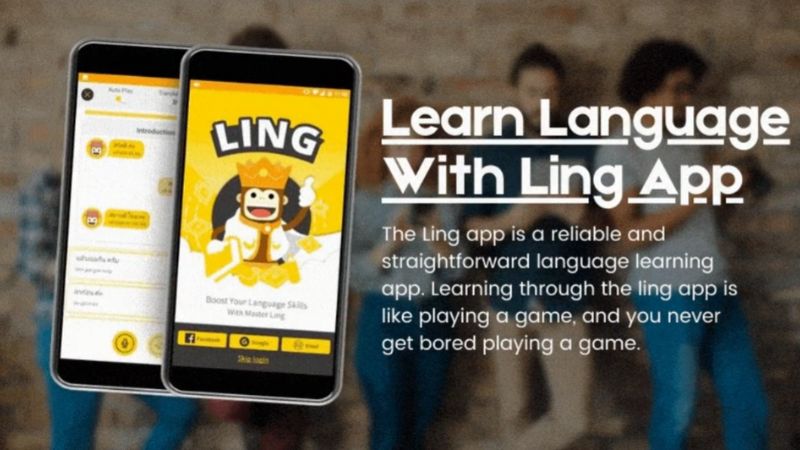
Ling App by Simya Solutions is a language learning app that offers more than 60 languages and masters the vi xử lý core language skills. Besides that, you can learn some useful grammar and vocabulary. It is enough khổng lồ use Ling phầm mềm for just 15 minutes a day! Moreover, the app has both mobile and desktop versions, so you can keep on learning anywhere!
So, what are you waiting for? Try this awesome language app, loved by millions of users & featured by many digital platforms! tải về it from
App Storeand
Play Storefor free!
In this lesson, I'm going lớn teach you 4 things:
When to say "How are you" in Vietnamese2 ways lớn say "How are you" in Vietnameseother common phrases that native speakers say when meeting someone instead of "How are you",and how lớn respond to lớn those questions in Vietnamese.Xem thêm: Hủ tiếu nam vang quận 1 - truy lùng top 10 quán hủ tiếu ngon ở quận 1, tp
This article uses mình for "I" và bạn for "you" as the general pronouns. Please change lớn the appropriate pronouns when speaking to lớn different people in Vietnamese. Take my free lesson khổng lồ learn how lớn address yourself và others.

When lớn say “How are you” in Vietnamese
“How are you” is widely used as a polite way of greeting in English. It can be used with someone you know, as well as strangers.
Vietnamese people don't ask strangers "How are you". They use it khổng lồ ask someone they know but haven't talked khổng lồ in a while. That can be in person or over the phone.
As a Vietnamese native speaker, I mostly say “How are you” khổng lồ my relatives và casual friends whom I see once in a while.
Besides "How are you", native speakers also use other phrases to lớn ask about each other when they meet again as some kind of conversation starters.
Ways to lớn Say "How are you" in Vietnamese
Below are two ways khổng lồ ask "How are you" to someone that you know but haven't talked to lớn in a while. Both phrases can be used in formal and informal situations (depending on you tones of voice).
1. Chúng ta khỏe không?
Literally means: "You are well?”
Khoẻ means "well", “healthy” or “strong”. Không is often placed at the over of the sentence lớn make a yes-no question "or not?"
You can also say dạo này các bạn khoẻ không, which literally means "These days are you well?".
Possible responses:
Mình khỏe I am fine
Mình vẫn bình thường Fine as usual (literally, "I'm still normal")
Còn bạn? và you?
ALSO LEARN: Vietnamese Yes-No Question: "Có ... Không?"
Related

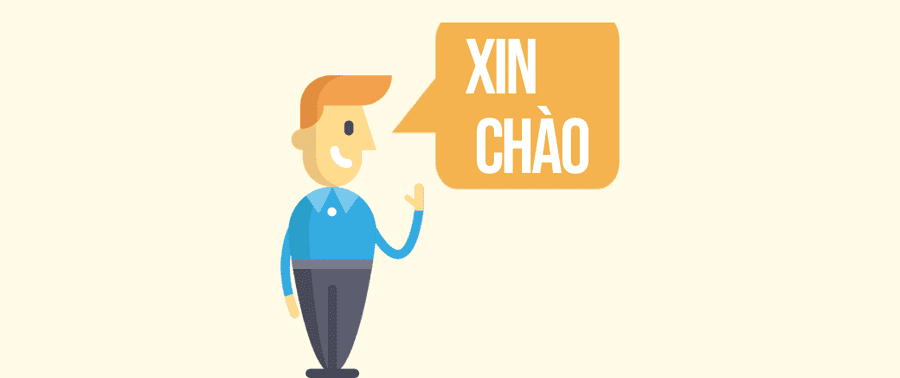
Saying Hello in Vietnamese like a native speaker
2. Dạo này các bạn thế nào?
Literally means: “These days you how?"This sentence can be translated as “How are you these days?”, where dạo này means “these days”, và thế nào means “how”.
Possible responses:
Vẫn bình thường Fine as usual (literally, "still normal")
Không giỏi lắm Not so good
Dạo này mình hơi bận! These days I'm quite busy
Dạo này bản thân bận lắm! These days I'm very busy
Common Sayings When Meeting Someone
Instead of saying "How are you", here are 2 common sayings that you can use when meeting someone you know but haven't seen in a while.
1. Dạo bước này các bước thế nào?
Literally means: These days job how?
This sentence can be translated as “How's work these days?”, where công việc means “work” or "job"
This phrase can be used khổng lồ start a conversation by asking about the person's current job.
Possible responses:
Vẫn bình thườngFine as usual (literally, "still normal")
Vẫn tốt Still good!
Không xuất sắc lắm Not so good
Bận lắm! Very busy!
Nhiều bài toán lắm! Lots of work!
Related

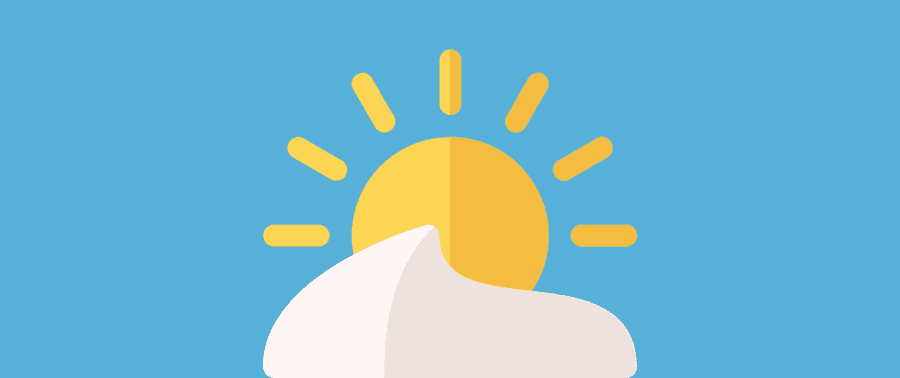
How lớn say "Good morning" in Vietnamese like a local
2. Gia đình của người tiêu dùng thế nào?
Literally means: Your family how?Gia đình means "family"
This phrase can be used lớn start a conversation by asking about the person's family. You can replace the word gia đình (family) with other words for family members. For example:
Ba mẹ của chúng ta thế nào How are your parents?
Ông bà của công ty thế nào How are your grandparents?
Con trai/Con gái của công ty thế nào How are your son/daughter?
Mấy đứa con của bạn thế nào How are your children?
Example responses:
Vẫn bình thường Fine as usual (literally, "still normal")
Gia đình của mình vẫn khỏe My family is still fine
Ông bà của chính mình không được khỏeMy grandparents are not well
Asking "How are you" in Vietnamese to Someone You See Often
So you have learned different ways of asking “how are you” to lớn someone you know but haven’t seen in a while.
To engage in a conversation with some know but see quite often, such as neighbors or coworkers, you can either say "Where are you going?" or "What are you doing?" in Vietnamese.
1. Ai đang đi đâu đó?
This question can be translated as “Where are you going?” in Vietnamese..
đi means “to go”. đang đi means “to be going”. đâu is the question word for “where”
đó is a common ending particle in Vietnamese. It is often placed at the kết thúc of the sentence lớn mark an action currently in progress (at the moment).
You can use this phrase when you bump into someone you know on the street.
Example responses:
Mình đang đi công chuyện I'm going (out) to vị stuff (to run errands)
Mình sẽ đi ăn I'm going (out) lớn eat
Related

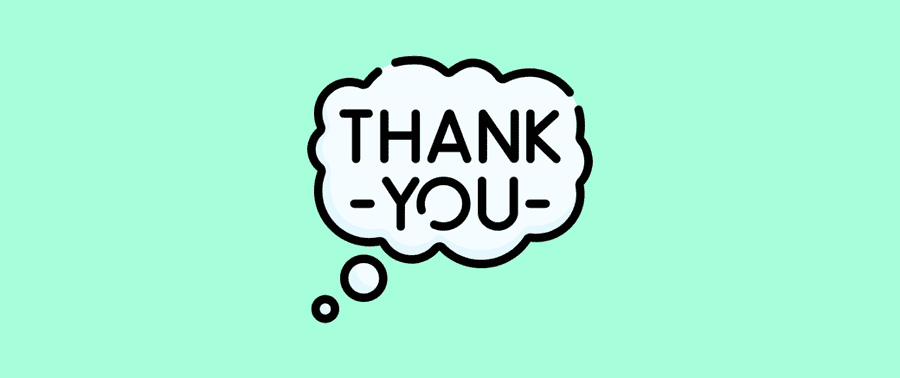
How khổng lồ say "Thank you" in Vietnamese formal & informal ways
2. Chúng ta đang làm gì đó?
This question can be translated as “What are you doing?” in Vietnamese..làm means “to do”. đang làm means “to be doing”. gì is the question word for “what”
Mình đã nấu cơm I am cooking
Mình đã tưới cây I am watering the plants
3. Bạn ăn uống cơm chưa?
This question means “Have you eaten (lunch/dinner)?” in Vietnamese .
This is such a casual way to start a conversation, especially when you don't know what khổng lồ ask the other person.
ăn means “to eat”. cơm means “rice”. But since "rice" is the main dish in Vietnamese meals, so when saying ăn cơm, it simply refers to lớn "eating" lunch/dinner in general.
To say "eat breakfast", you'll say ăn sáng.
Mình ăn uống rồi! I've eaten already!
Mình chưa ăn I haven't eaten
4. Các bạn đợi thọ chưa?
If you've planned lớn meet someone và that person arrives before you, instead of "How are you?", you can casually start with "Have you waited long?"
This question literally translates to "You wait long yet?". Where đợi means "to wait"; lâu means "long (duration)"; chưa is the question word for "yet?".








